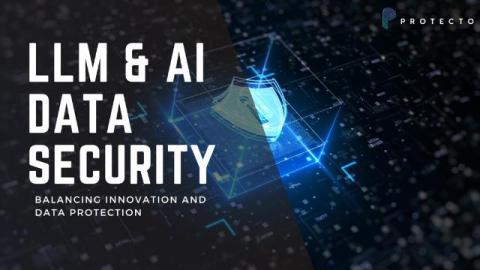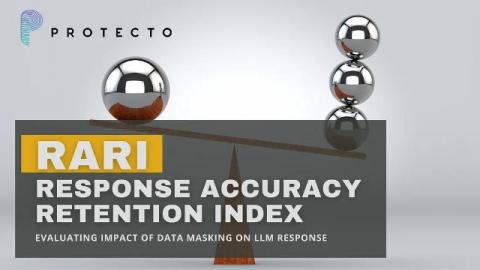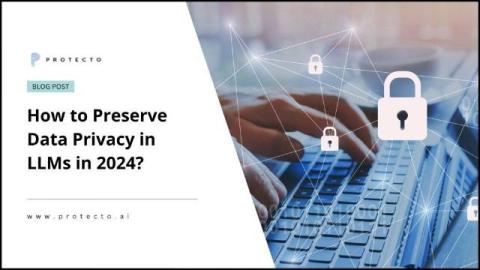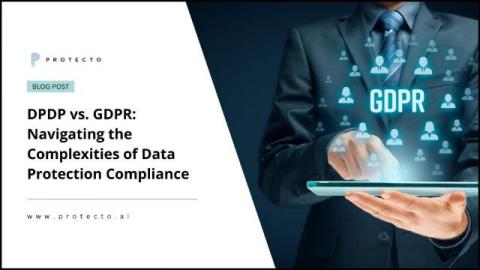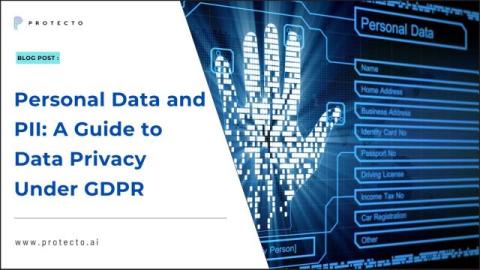AI and LLM Data Security: Strategies for Balancing Innovation and Data Protection
Striking the right balance between innovation using Artificial Intelligence (AI) and Large Language Models (LLMs) and data protection is essential. In this blog, we’ll explore critical strategies for ensuring AI and LLM data security, highlighting some trade-offs.


